Being in a toxic relationship isn’t easy, maybe you have changed yourself in the course to save your relationship, you’ve tried everything but nothing’s worked. You know now it’s the time to end it, you know you deserve more, but then why does the thought of moving on makes you appalled.
Moving on from a toxic relationship is so hard. It’s hard to understand why. Leaving a relationship that made you so unhappy should leave you feeling really good about yourself and hopeful about the future.
But, instead, trying to move on from a toxic relationship just leaves you feeling hopeless, that you will never get past it. Understanding why moving on from a toxic relationship is so difficult is the key to being able to do so.
Here are five reasons why moving on from a toxic relationship is so hard so that you can understand and finally move on.
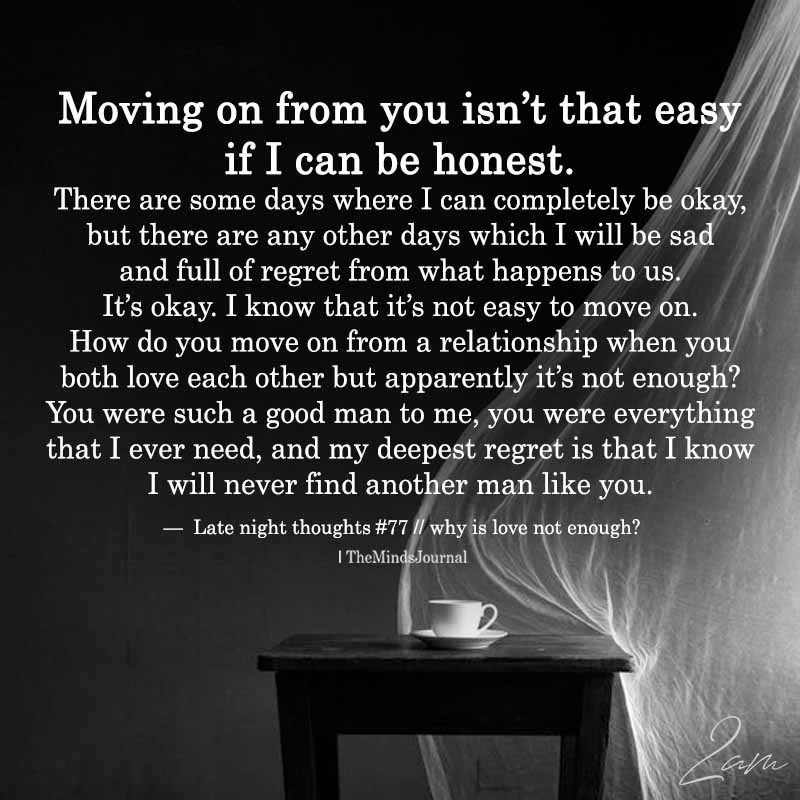
1. Letting go.
When we get out of a toxic relationship, the break-up means letting go of our hopes and dreams. All of the things that we had visualized our life would look like at the beginning of the relationship are all things that we have to let go of when the relationship ends.
And that is really, really hard to do.
I had a client whose husband left her soon after their children went off to college. They had been unhappy for a long time and she had thought of leaving him many times. But, when he left, she had to let go of the vision she had for the rest of her life in this marriage.
That vision included fixing her marriage, traveling with her husband, delighting in grandchildren together, and finally having the financial freedom to do the things they had always wanted to do. Instead, she was left alone, their finances were in tatters and the image of them growing old together was gone.
So, one of the reasons why moving on from a toxic relationship is so difficult is because you have to let go of those hopes and dreams that you had counted on for so long.
Read: Why Letting Go Is Not Always A Bad Thing
2. Fear.
For many of us, the idea of getting out of any relationship, much less a toxic one, is very scary. We are worried that we will never love or be loved again. We are scared of the pain that we will feel.
We worry that our person will move on and be fixed for their next person. We are afraid that all the time we have wasted in this relationship will make it difficult for us to find the happy life that we long for.
I always encourage people to face fear. Fear is a very scary thing. Pain is a very scary thing. But we have all dealt with fear and pain in the past and we have prevailed. So, if the fear of the pain is holding you back, think of periods of pain and fear that you had survived before and known that you will survive them again.
3. Depression.
For many of us, letting go of a toxic relationship can lead to deep depression. Whether or not you are already prone to depression or it’s something that you have dealt with before, depression can hold us back from moving on, every time.
The reasons that depression can hold you back from moving on from a toxic relationship are many.
When we are depressed, we have no energy to do anything. This makes it hard for us to get out into the world and fill in the holes that are left by the absence of our relationship.
When we are depressed, we feel hopeless about the future and when we feel hopeless about the future it’s hard to move on because we don’t know what we’re moving onto.
When we are depressed, we stop taking care of ourselves. We eat bad food, we stop exercising and we do things that self-sabotage our well-being. Doing this only makes things worse because our self-esteem plummets.
Read: How To Manage Feeling Depressed After A Breakup
If you are feeling depressed, I would encourage you to talk to your primary care doctor to see what they can do to help you manage your depression so that you can get through this difficult time and get your life back.
4. Hopelessness.
For many of us, after we get out of a toxic relationship, we are left feeling completely hopeless about the future.
Having to let go of hopes and dreams about our relationship, struggling with depression, and truly believing that we will never be happy again is why moving on from a toxic relationship is so difficult.
Many of my clients tell me that they are sure that if they get out of this relationship their future is bleak. They believe that everything that they have lived for will be gone and how can they find anything to replace it?
They feel bad about themselves and they believe that they will never feel good about themselves again and that nobody would ever want to love them. They believe that they were the cause of the toxicity in the relationship and they wonder how things could ever be different in the future.
What I would encourage you to do is realize that this hopelessness after letting go of a toxic relationship is a very natural thing and if you go through the steps you need to go through to get past this breakup, the helplessness will fade and you will get the life that you want.
I promise. I have been there!
5. Self-doubt.
One of the biggest side effects of a toxic relationship is that our self-esteem gets shot.
Whether it’s because we feel like we have let ourselves down by staying in a relationship too long or whether it’s because our partner abused us so repeatedly and destroyed our mental well-being, either way, having low self-esteem makes it very hard to move on from a toxic relationship.
What I always encourage my clients to do when they are feeling full of self-doubt after a breakup is to do the things that they need to do to feel better about themselves.
A client of mine was spending all of her time online, looking for articles that would reinforce her belief that her toxic relationship and her ex could be authenticated by other people’s experiences. I told her to give herself a deadline when she would stop doing this because all it was doing was sabotaging her moving forward and definitely not making her feel better about herself.
What she did instead of spending all of her time online was she purchased herself a violin. She had played violin when she was younger and it always brought her a lot of peace. Starting to play the violin again was very self-soothing for her. The more her skills improved, the more her self-esteem grew. Instead of wallowing in her self-doubt, she did something that made her really feel good about herself and, therefore, hopeful for the future.
What would work for you to help you build your self-esteem? I’m sure there are things that you have done in your past that felt good then and that you could take up again to build a future that you want.
Read: 10 Habits That Cause Low Self Esteem And Depression
Moving on from a toxic relationship is so hard but doing so is also incredibly important.
Having to let go of hopes and dreams, being scared about what is next, being overwhelmed with depression and hopelessness, and be filled with self-doubt are all obstacles to getting past your broken heart and moving forward.
But I promise you, you can do it. I promise that the life that you have always wanted is out there and ahead of you.
My new course, Four Weeks to Letting Go of Love and Moving on, is just the thing to help you take the steps that you need to take to get past the broken heart, to start rebuilding your self-esteem, and to put yourself out there and find the love and the life that you want. You can check it out by clicking this link here.
What I can promise you is that no one has ever died of a broken heart. You will get through this, with a little bit of intention and determination.
You can do it!
Written By: Mitzi Bockmann Originally Published On: Let Your Dreams Begin
Frequently Asked Questions (FAQs)
How do you know when it’s time to let go of someone you love?
When you focus more on the past than the present. When the circumstances bring you more pain than happiness. And when there is no communication in the relationship, you can tell it’s time to let go
How to let go of a toxic relationship with someone you love?
Restrict all lines of communication. Seek friends and relatives for emotional support. Return to yourself. Try to restart your life and passion for the things you love.
How to get rid of the fear of losing someone you love?
The fear of losing someone you love is valid. You need to accept that it’s a part of life and you need to let go to live a healthy life.
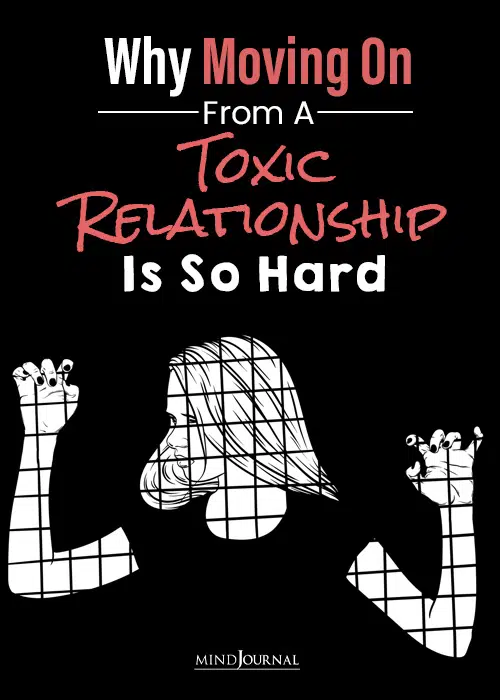
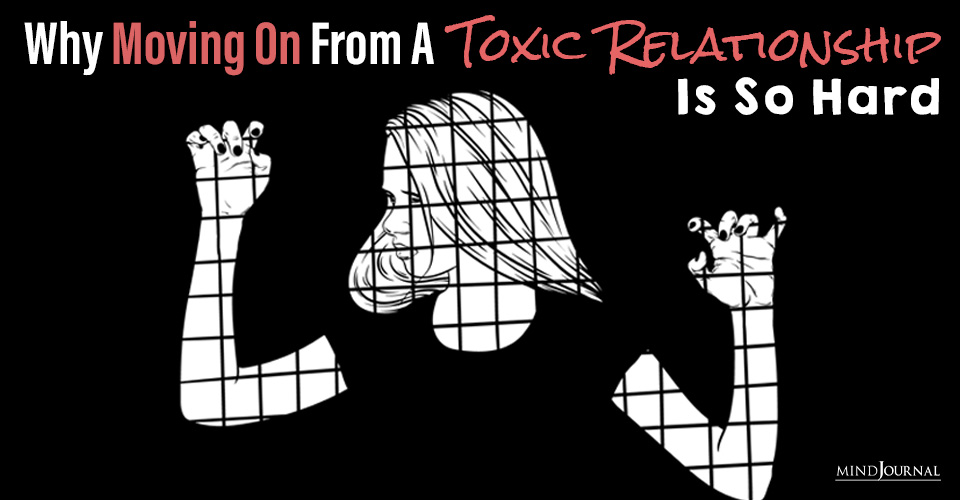


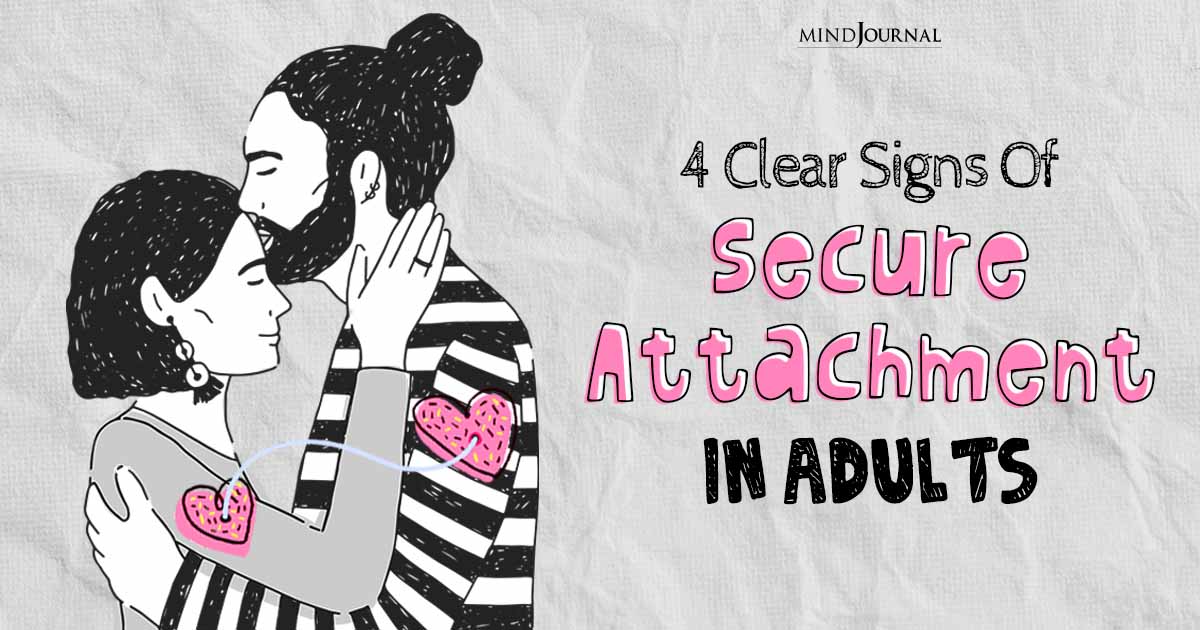

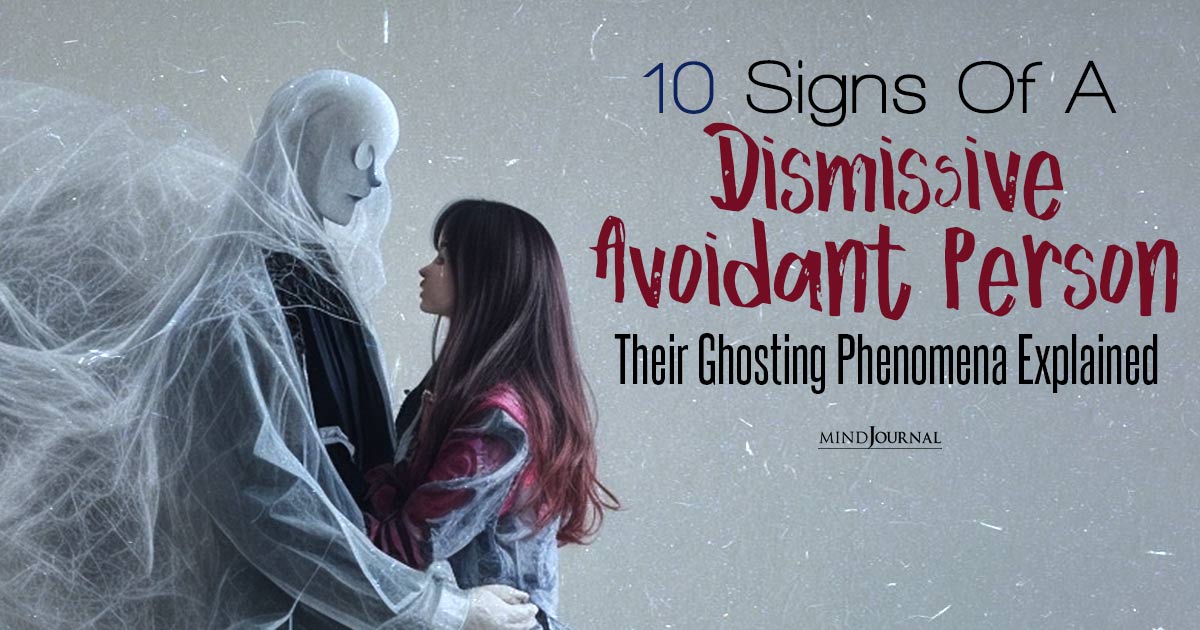

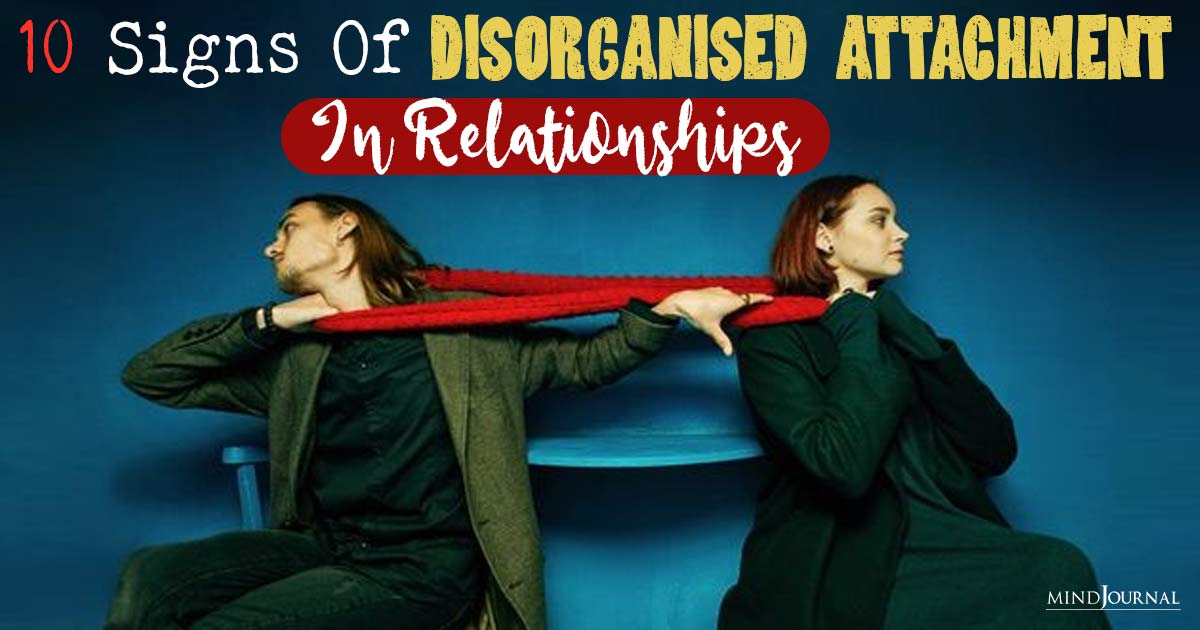
Leave a Reply
You must be logged in to post a comment.